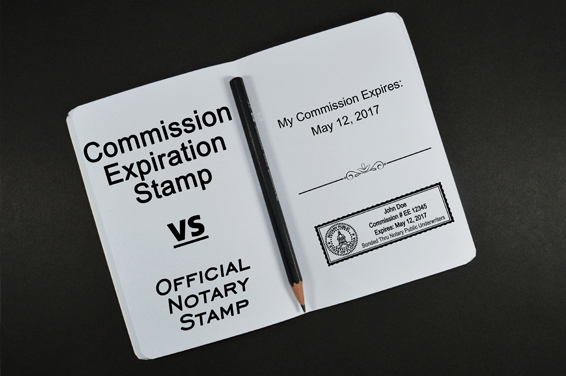Notary Public Underwriters Blog
National
Sworn Versus Unsworn Oaths
- Details
- Published: December 27, 2019
- Notary Blog
Notaries Public in all U.S. jurisdictions are authorized to administer oaths and affirmations. Oaths and affirmations both function as solemn promises of truthfulness, and both are statements made under the penalty of perjury. The key difference between an oath and an affirmation is that an oath invokes a higher power.
Don’t Confuse Your Official Stamp With A Commission Expiration Date Stamp!
- Details
- Published: December 27, 2019
- Notary Blog
The official notary seal is the symbol of office that is universally expected on notarized documents. Notary seals can vary in size, dimension, and the information they contain. Certain states require their notaries to include their commission expiration date, along with their official notary seal, in the notarial certificate. A commission expiration date stamp is a useful way to add information, but a commission expiration date stamp is not an alternative to a notary’s official seal.
Attested Copy and Certified Copy: What's the Difference?
- Details
- Published: June 5, 2024
- Notary Blog
Attested Copy and Certified Copy: Whats the Difference? Though the phrases certifying a copy and attesting a copy are sometimes used synonymously, a certified copy and an attested copy are actually two very different things. Confused yet? Yeah, so were...
Notary Education - A Long Term Commitment
- Details
- Published: December 27, 2019
- Notary Blog
Notary education is selectively required from state to state. However, a growing trend in the United States suggests that mandatory education and/or examination may become a requirement for more states in the future.
Arizona Notary Record Book Requirements
- Details
- Published: June 5, 2015
- Arizona Notaries
More Articles ...
- Must Speak English to Be a Notary Public
- Notary Applications: Denied or Rejected, What’s the Difference?
- Notarizing Handwritten Documents
- Stay Up-To-Date with Marriage License Requirements
- Missouri Notary Public Fun Facts
- Notary Public Day Savings!
- Celebrate Notary Public Day Coupon!
- Florida Group Notary Public Errors & Omissions Insurance
- Happy Earth Day!
- Happy Earth Day!
- Happy Earth Day!
- Happy Earth Day!
- NOTARY PUBLIC DAY 2010
- Notary Public Underwriters Adds Bonding Services in New States
- Notary Public Day - November 7



